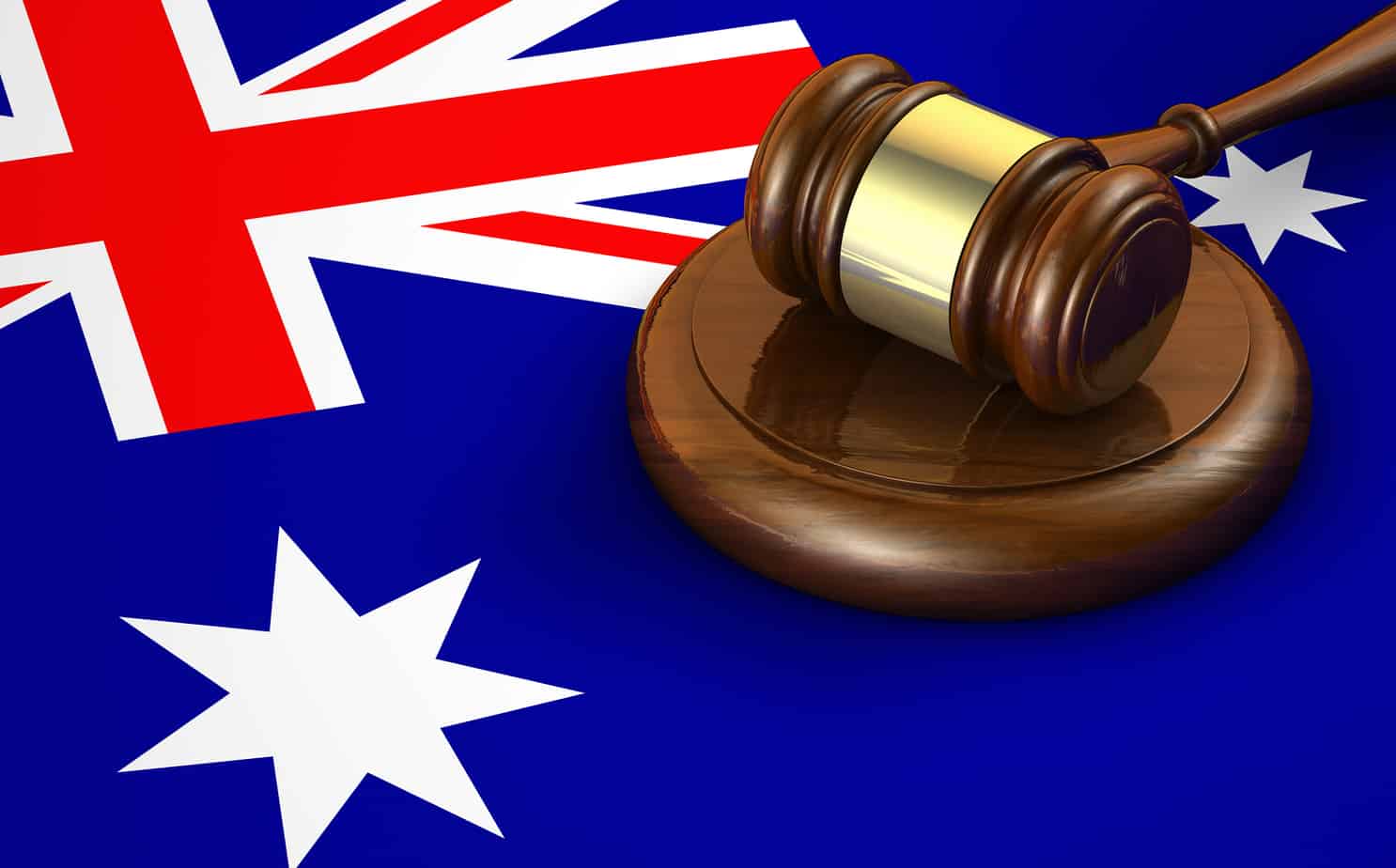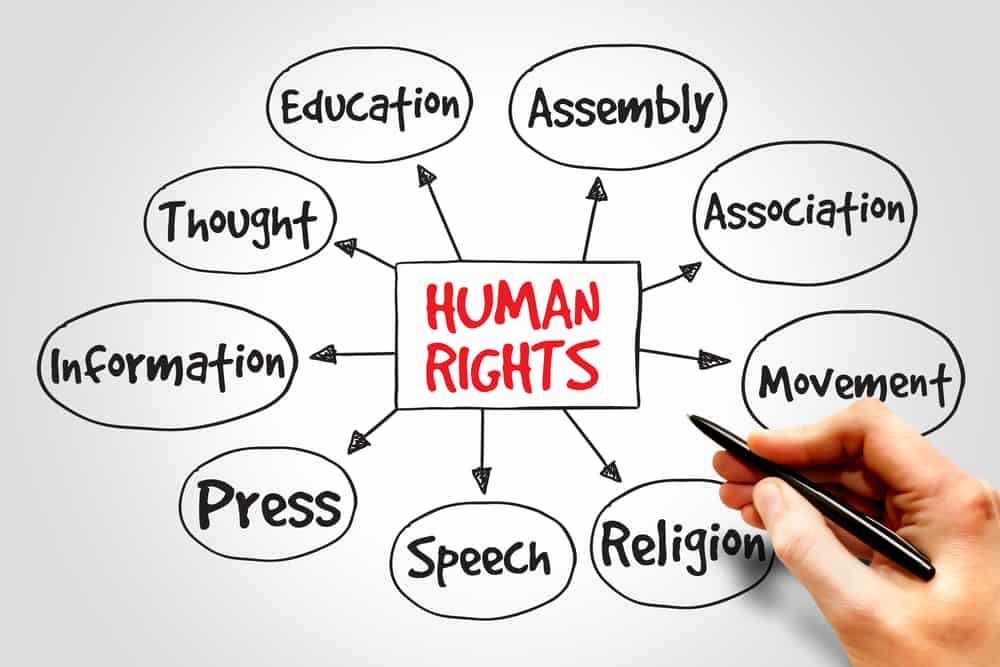Before World War II, 21 years old was the required voting age for almost all countries. However, it wasn’t until the end of the 1900s that most countries decided to lower the voting age to 18, which most countries still use today.
Although most countries require citizens to vote at least 18 years old, several countries allow people to vote much younger. The voting age around the world ranges from 16 to 25 years old. Age requirements vary by country, but they vary based on the election type.
Argentina
Currently, in Argentina, people can start voting when they turn 16. One of the most interesting facts is that voting is considered optional between the ages of 16 to 18 years old, meaning that people can vote if they want, but they are not required to do so. However, once they turn 19 years old, voting is no longer optional. It is mandatory. They are required by law to vote in all local and national elections.
Austria
Austria comprises nine constituent states; in five states, citizens as young as 16 years old are allowed to vote. Interestingly enough, the participation of these 16-year-olds in these five states convinced the federal government to lower the age to 16 for all EU and national elections.
Austria has found that the younger voters participate at the same level as the older voters. One member of Parliament strongly believes that it’s essential to let young people vote and listen to what they say as they have different needs and wishes than their older counterparts.
Germany
Dating back to 1996, seven constituent states in Germany have allowed people as young as 16 to vote in local elections. Since then, many other constituent states have lowered the required voting age in regional and municipal elections.
Although 16-year-olds are only allowed to vote in local elections, some feel it is necessary to lower the voting age in all elections. Many people against reducing the voting age claim that younger people vote based on popularity or current trends, but research shows that younger voters don’t upset the political balance.
Brazil
In 1988, Brazil lowered the general voting age from 18 to 16 per the constitution. The 1989 presidential election was the first one with the lowered voting age. In Brazil, people 16 to 17 years old are not required to vote. It is considered optional. To be eligible to vote, they must turn 16 before May 31 if it’s an election year. If they turn 16 after that date, they cannot vote until they turn 17. Once they turn 18, until they are 70, they must vote in Brazil.
Cuba
The right to vote in Cuba is granted to all citizens who are 16 years old and up. The only people not eligible to vote in any Cuban elections have applied for emigration. All voting in Cuba is mandatory, and because of that, participation is on the high side. According to the government, there are some spoiled ballots even with the high number of voters, but the number is relatively small.
Scotland
Starting in October of 2007, Scotland adopted a policy that favored lowering the voting age to 16. This vote for this policy was unanimous, but this doesn’t mean it took place immediately because it had to be approved by the Scottish Parliament.
In June 2013, it was approved to lower the voting age to 16 for the Scottish independence referendum. In June 2015, the Parliament voted to lower the age to 16 for voting in the Scottish Parliament and all local government elections.
Ecuador
To vote in national elections in Ecuador, one must be at least 16 years old, a citizen of the country, or have lived there for a specified period. Non-citizens can vote in national elections if they have lived in the country for the last five years. While voting is optional for those 16 or 17 years old, it is required by law for 18 or older. Once a person turns 65 years old, they can quit voting.
Malta
The voting age was lowered to 16 for all local elections in November 2013. This proposal was widely supported throughout the country. In January 2018, the voting age for European Parliament, referenda, and the general election was also lowered to 16. It was in March 2018 that the Parliament voted to amend the Constitution with a lower voting age.
Isle of Man
Of the three British Crown dependencies, the Isle of Man was the first to lower the voting age to 16 for all general elections. The House of Keys approved the lower age limit in July 2006 with a 19 to 4 margin. The other two British Crown dependencies shortly followed suit.
Empowering the Future: Lower Voting Ages and Their Impacts
While lowering the voting age may seem radical to some, these countries have taken progressive steps to involve the younger population in political decision-making. However, it’s not just about allowing them to vote; it’s about ensuring they are informed and prepared to make these significant choices.
Here are a few strategies that can help:
Education: Imbibing political education and awareness at the school level can help younger voters make informed decisions. Countries could include civics and political studies in their curriculum to breed a new generation of enlightened voters.
Engagement: Encourage youth involvement in politics by promoting youth-led forums, debates, and seminars. These forums can expose young voters to different perspectives, fostering a deeper understanding of the political landscape.
Mentorship: Pairing up young voters with experienced mentors in the political field can provide them with valuable insights and a practical understanding of political nuances.
These strategies equip young voters with the necessary knowledge to vote responsibly and foster a sense of civic duty, encouraging them to become more active and engaged citizens.



